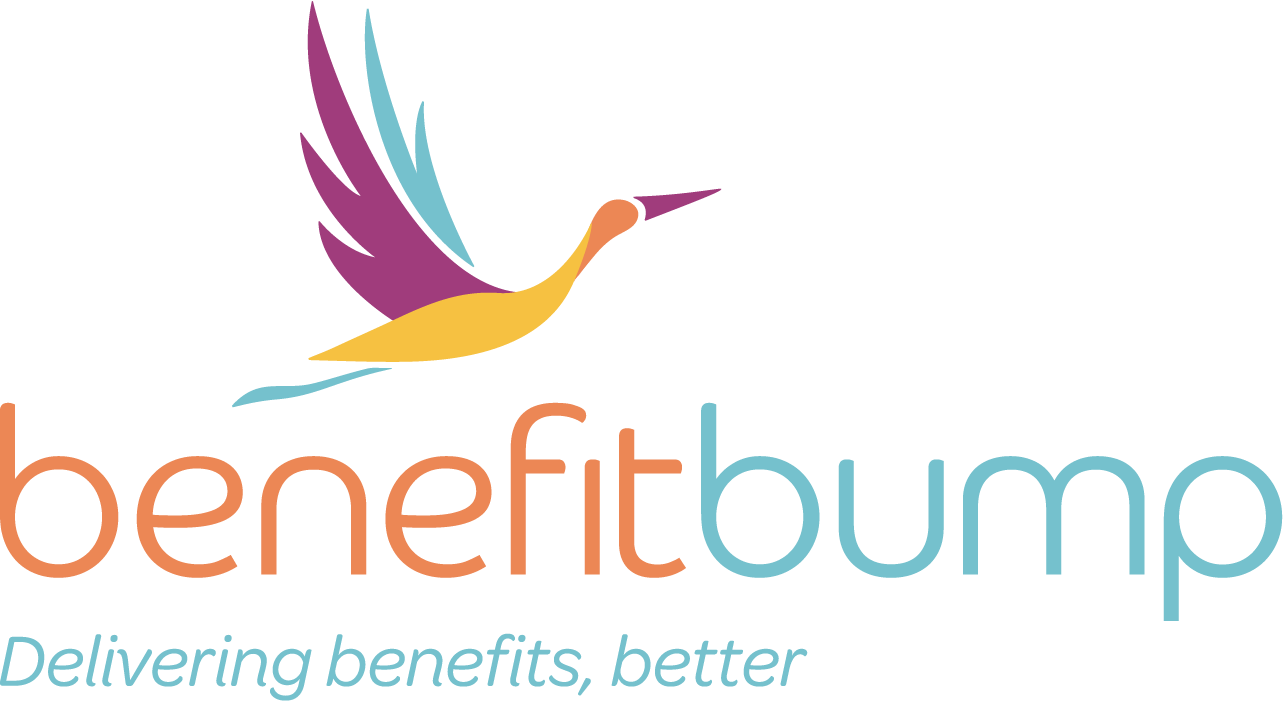Using FSA and HSA Funds to Pay for Unplanned Medical Expenses
After a pregnancy loss, you may experience some unplanned medical expenses. If you have a Health Savings Account (HSA) or a Flexible Spending Account (FSA) through your employer, your unplanned medical expenses can be paid for by using funds from these accounts. Depending on the type of account you hold, you have a few different ways to pay for your unplanned expenses:
Three ways to use your HSA/FSA Funds
1) Pay with your debit card.
Use your HSA/FSA debit card issued by the savings plan administrator when you enrolled in the plan the same way you would any other debited expense. The funds will be directly withdrawn from your HSA/FSA account. You may wonder how does the retailer know these funds are acceptable expenses under these types of savings plans? The IRS requires businesses like pharmacies, grocery stores, and wholesale clubs to have a system–Inventory Information Approval System (IIAS)–that identifies qualified medical expenses for health care payment cards. This way, the approved items are already in the system, and you can easily use your health care payment cards to purchase them.
2) Take a photo of your receipt.
If you paid for a medical expense from your personal funds you can take a picture of the receipt and upload it through the HSA/FSA mobile App. Once you upload the receipt a notification will be sent to you via text message confirming receipt. If you are asked to provide further documentation from the savings plan administrator this is a great option for submitting receipts or other documentation requested.
3) Request reimbursement.
If you happened to pay for a prescription, over the counter medications or a copay for an office visit from personal funds you can submit a request for reimbursement. You can save receipts for a later date if you want to as well. An HSA doesn’t have a deadline to submit expenses. The HSA funds roll from year to year so you have the flexibility of requesting now or waiting until a later time to be reimbursed.
FSA funds, however, do expire and have a yearly deadline to be reimbursed for funds. Typically this is either by the end of the calendar year or through March 15th of the following year. Check with your plan administrator to confirm your company’s deadline for submitting FSA claims.
Know Before You Pay
If you receive an invoice statement from a medical or facility provider you should make sure the charges on the invoice match what your health insurance claims administrator processed for these services. You can do this by registering through your healthcare plan administrator’s website and logging into your personal account. This is an important step to match billed expenses with the Explanation of Benefits (EOB) found under the claims section of the website to verify “your responsibility” matches on the EOB and the invoice.
Why Does This Matter?
In-network providers have negotiated rates with the health plan administrators that lower the amount of the bill before plan expenses are applied towards your health plan deductible, co-insurance or out-of-pocket. Make sure your insurance provider has processed the claim before you issue payment to a provider. The Explanation of Benefits (EOB) is a great tool to review what has been processed, paid by insurance and your portion of the bill you are responsible to pay. Make sure the “your responsibility” on the EOB matches the invoice amount you owe for that particular provider.
The BenefitBump Care Team is always here to help as well. Feel free to reach out to your Care Navigator with any questions regarding your FSA or HSA plan expenses.
